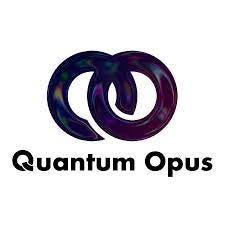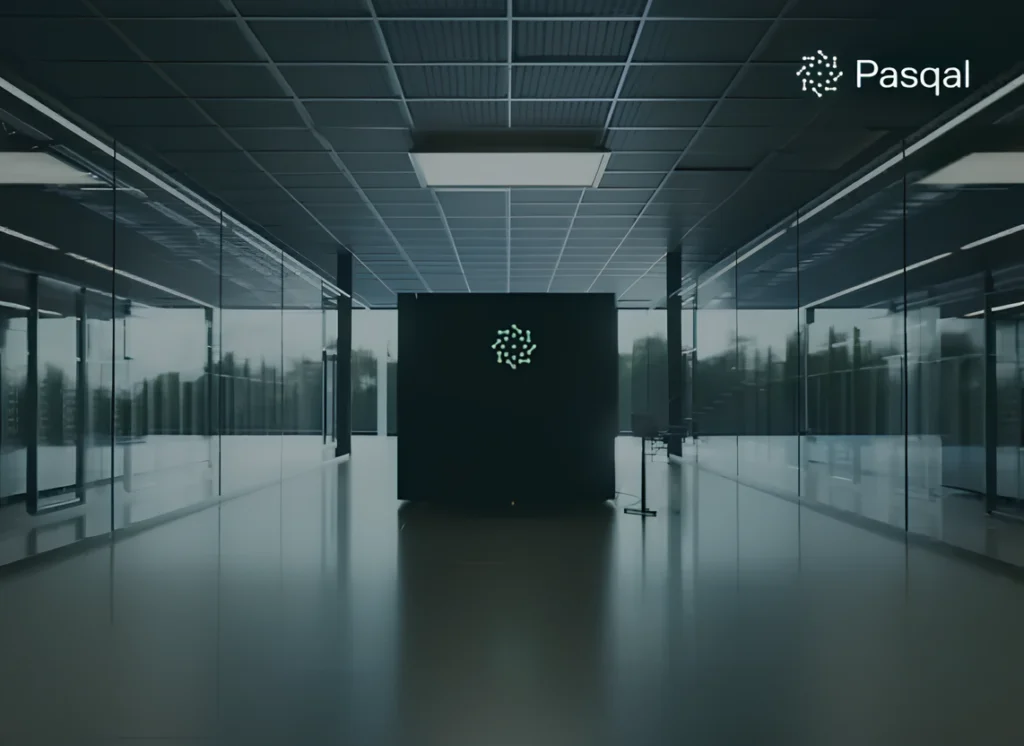
Quantum Opus
It goes without saying that photon detectors are important pieces of equipment for many real-world applications used in the world today. Light detectors, for instance, are critical components for optical imaging and in the telecommunication systems industry.
First developed by scientists at Moscow State Pedagogical University and at the University of Rochester back in 2001, the superconducting nanowire single-photon detector (SNSPD or SSPD) is a type of optical and near-infrared single-photon detector based on a current-biased superconducting nanowire. These can have uses in such applications as quantum key distribution (QKD), imaging of infrared photoemission for defect analysis in CMOS circuitry, on-chip quantum optics, optical neuromorphic computing, and fibre optic temperature sensing, as well as the other dozen other applications.
Realizing the technology’s potential, companies have started manufacturing solutions in photon detection, one such example being Quantum Opus, a Novi, Michigan-based company founded in 2013 by Aaron Miller, Holly Miller, and Josh Cassada to develop nanotechnology-based quantum optics solutions.
Opus One™
Quantum Opus’ core product is the Opus One™ detection system, which “comes complete with customized compact desktop cryostat (up to 16 nanowire detectors preinstalled along with all electrical wiring in/out of cryostat), optics-lab-friendly water-cooled compressor (low air circulation, low noise, low heat output), bias and high-speed amplifier electronics, and easy-to-use software control libraries.”

Applications for the company’s superconducting photon-counting products cover quantum optics, quantum computation, photon-starved optical communication, low-flux biophotonics, and fluorescence measurements, and have been designed to enable researchers to make single-photon measurements with unmatched sensitivity, speed, and precision.
The three founders all bring their own unique attributes to the table in regard to Quantum Opus’ development and future commercial success:
Aaron Miller has more than two decades of expertise behind him in superconducting photon detector technologies and cryogenic systems, including semiconductor and superconductor device design, fabrication procedures, equipment safety, process development, fibre coupling, and low-noise electronics. He gained a Ph.D. in physics from Stanford University, and has also worked in detector and systems development at NIST.
Josh Cassada, meanwhile, has extensive experience in high-energy physics, specifically programming analyses and modelling. He has a Ph.D. in physics from the University of Rochester. At the founding of Quantum Opus, Cassada led the fabrication process development for the company’s photon detection products.

Holly Miller has more than 15 years of experience in public and private audit, including financial audits of software and internet companies, initial public offerings and other transactional and regular SEC filings and is experienced with assessing business cycles and identifying risks, control and operational weaknesses and improving operational efficiency. She gained a BA in economics and French from Albion College, as well as an MBA in finance from Michigan State University.
Quantum Opus and its competitors in the space like Single Quantum and S-Fifteen Instruments are well aware how important their novel technology will be for the future of their industry. These three — along with others — are helping shape a new paradigm, one which is set to change the world.
For more market insights, check out our latest quantum computing news here.















